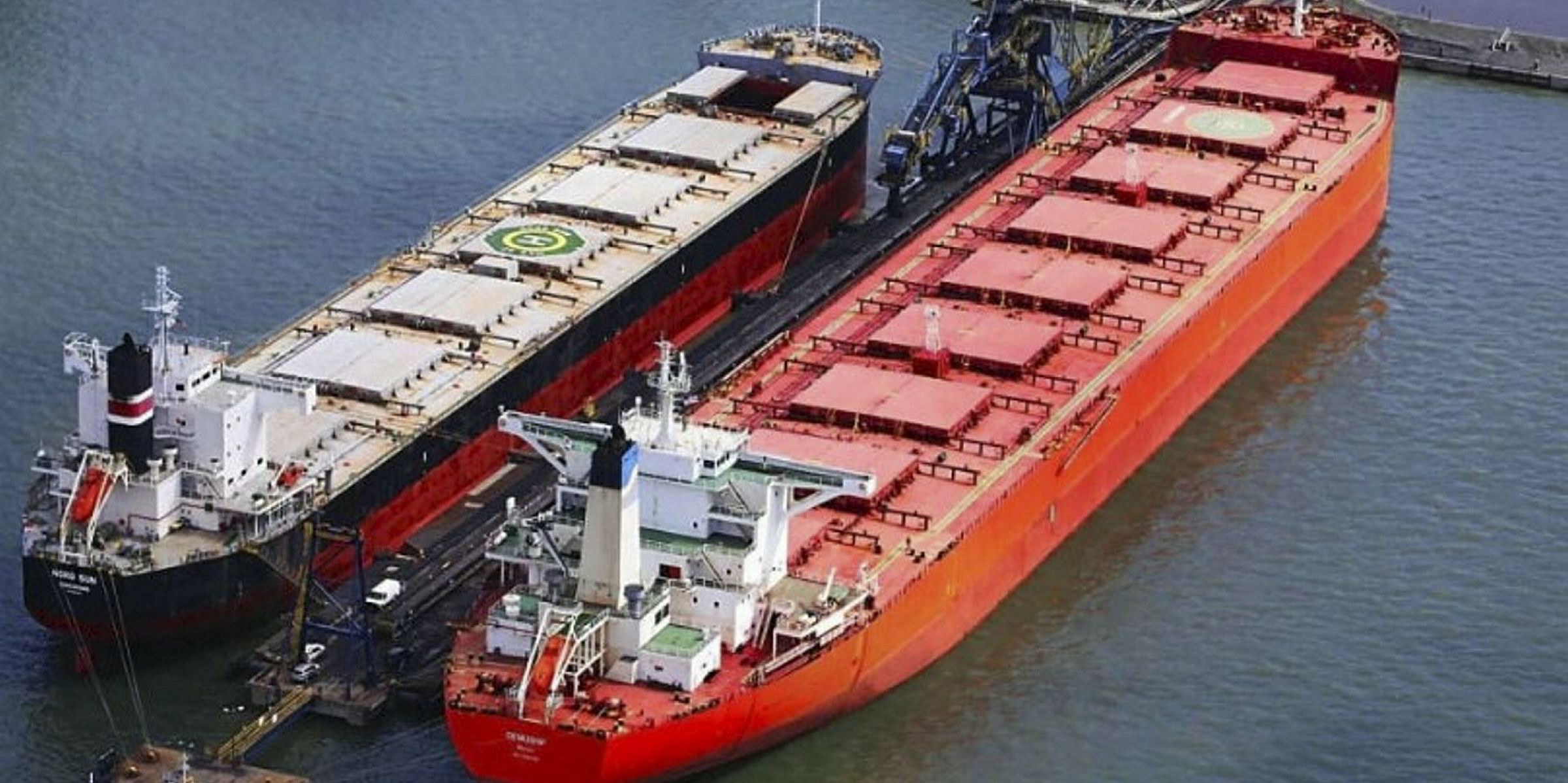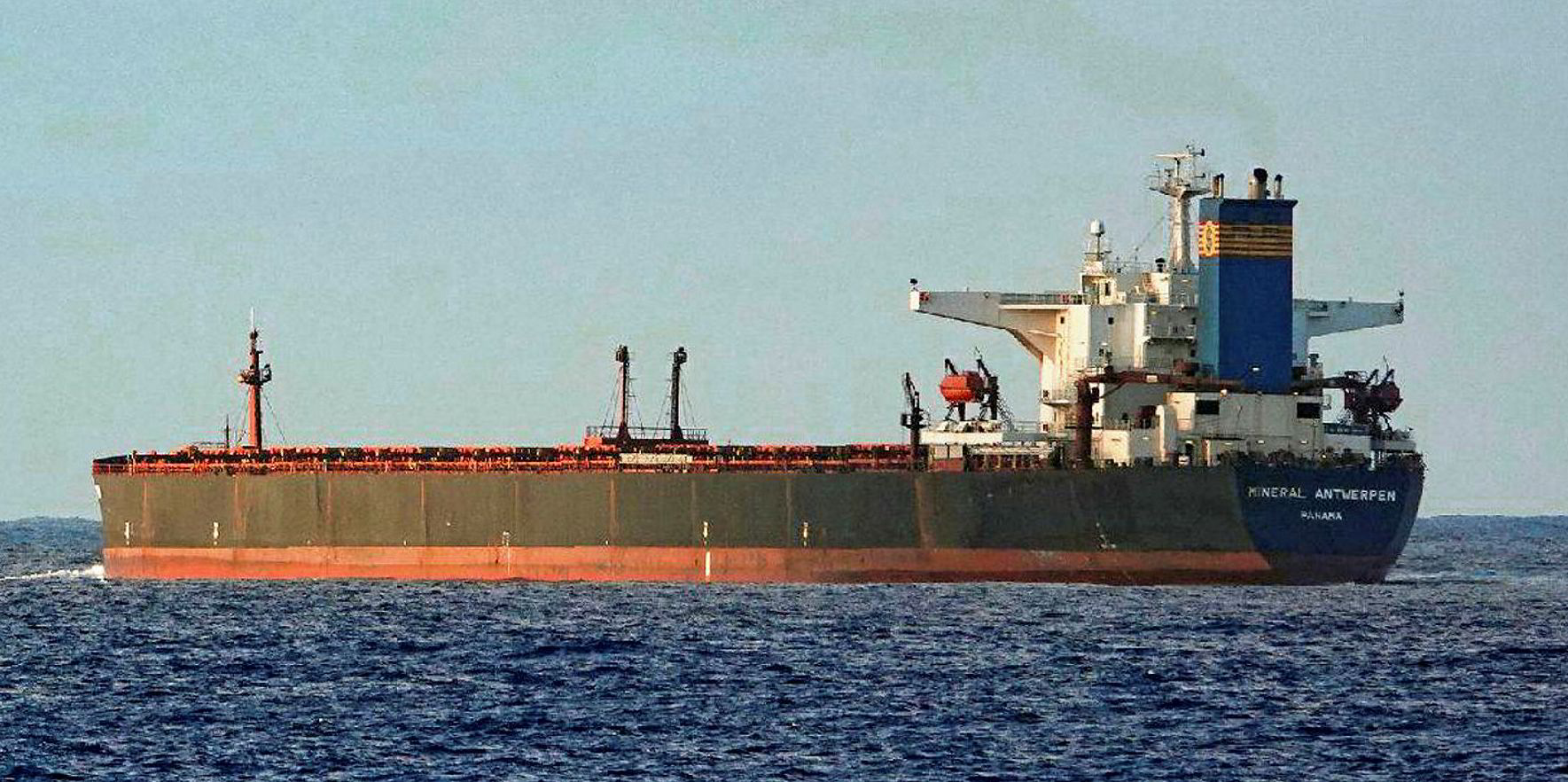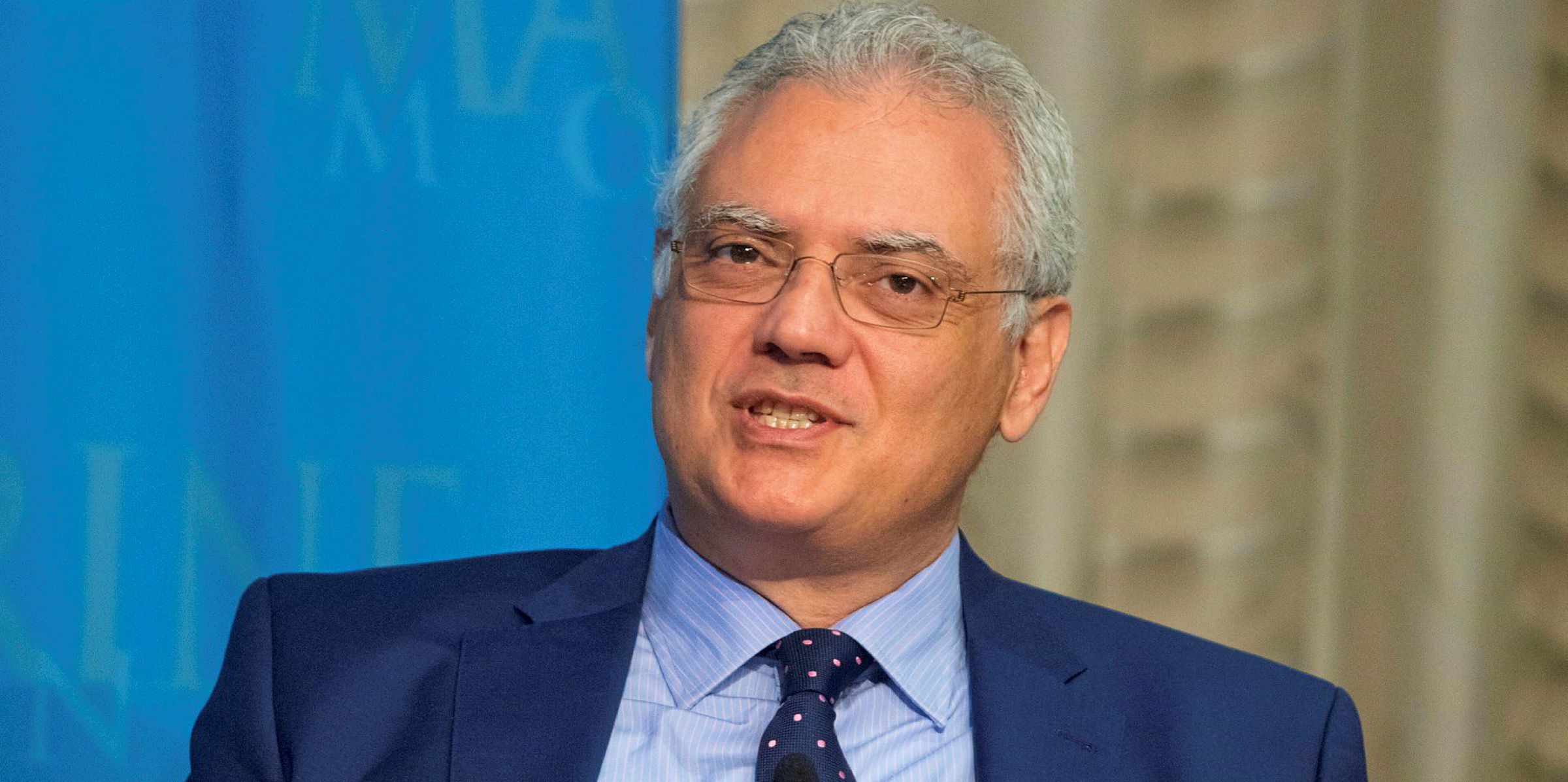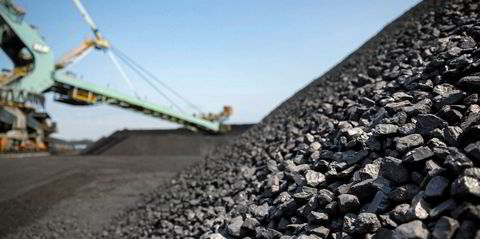The futures market for capesizes has fallen for November and December as China finds itself well-stocked on iron ore.
The November freight-forward agreement (FFA) rates for the asset class slid $497 per day on Monday to $17,678 per day, while those for December lost $419 per day to end up at $16,059 per day, according to Baltic Exchange assessments.
"Iron-ore and steel prices softened today with reports of Chinese iron-ore port stocks reaching an eight-month high," Clarksons Platou Securities said in its daily report on capesizes.
China's 2020 steel production is expected to be 3% to 5% higher than last year's output of 996m metric tonnes, according to the China Iron and Steel Association.
This implies the country's steel volume for the fourth quarter of 2020 will be lower than it was for the previous three months, Clarksons said.
Meanwhile, Brazil's production of iron-ore last week came in at 6.4m metric tonnes, a little lower than the prior week's output.
"Both countries’ weekly shipments need to increase by about 1m tonnes to meet the collective guidance by the mining companies," Clarksons said.
Capesize rates surge
The time-charter equivalent average for capesizes weighted across five routes fell 6% to $18,749 per day on Friday before dipping to $18,304 per day on Monday.
"The capesize market appears to have opened in stand-off mode as last week’s brief rally has driven a wedge of differing opinion between owners and charterers," the Baltic Exchange said in its daily report on the dry bulk shipping market.
"Today’s cape 5TC average ... may have tempered some of the hope of a further surge or rally, but with the minimal activity heard there’s too few tea leaves to read more into.
"While capes are notorious for blasting off, this small recalibration may be just the ticket to more sustainable moves in the coming week."
The 170,000-dwt Cyclades (built 2004) will earn $12.03 per tonne by carrying ore and other metals from South Africa's Saldanha Bay to China's Qingdao late next month.







